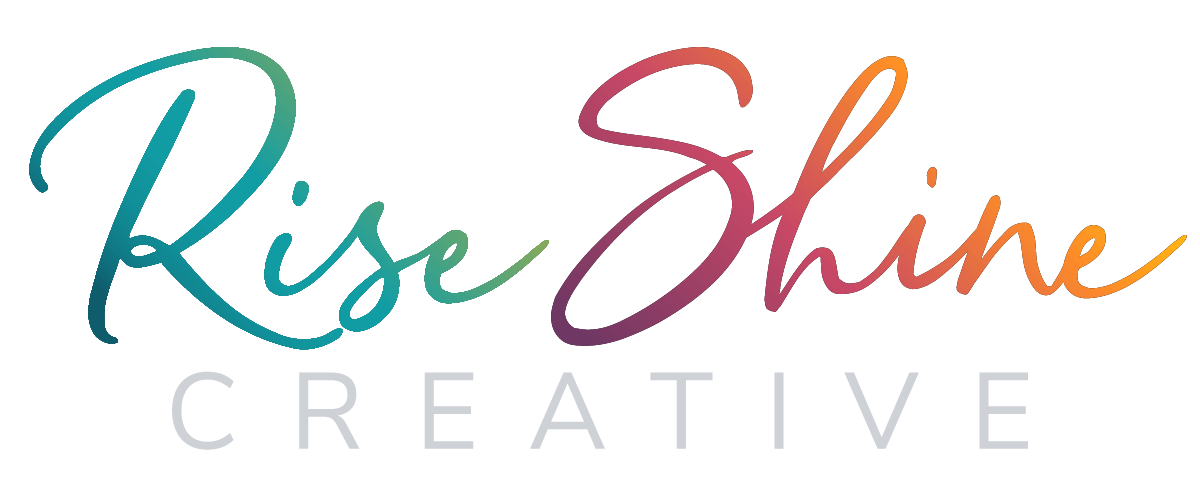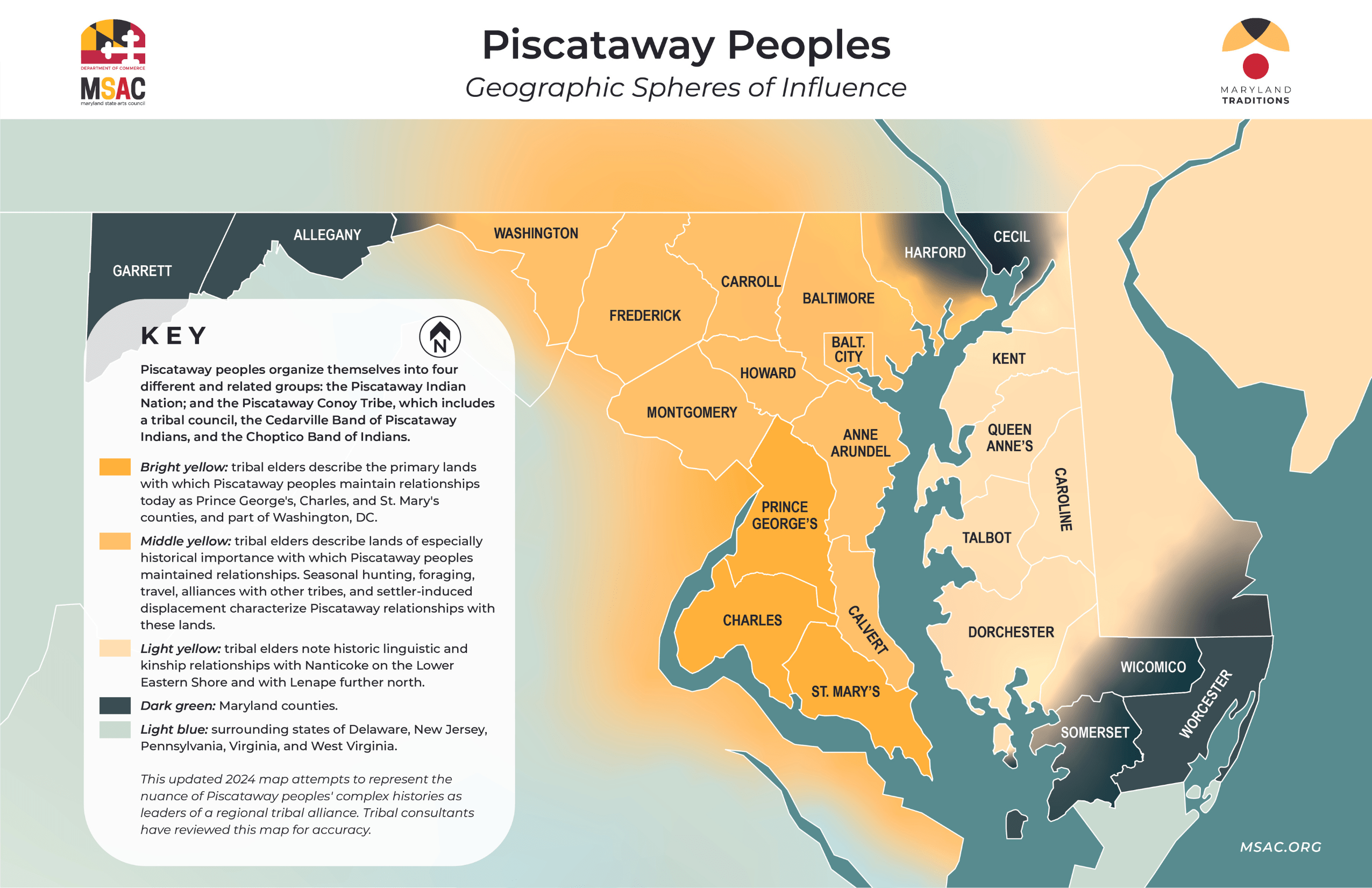Magothy River | Chesapeake Bay | Maryland | United States of America
I acknowledge that I live and work on the ancestral lands of the Piscataway Indian Nation, who maintain an ongoing and living relationship with these lands and waters. Along with the Piscataway Conoy Tribe, the Piscataway Indian Nation received official recognition by the State of Maryland in 2012.
I acknowledge their enduring presence, culture, and sovereignty—and I recognize that I am an uninvited guest on these Indigenous lands.
To deepen the meaning of this statement, I invite you to learn more about the Piscataway Indian Nation and the broader history of Indigenous peoples in Maryland. You can support local tribes through donations, by sharing resources, and by reflecting on how to be a better steward of the lands and waters that sustain us all.
Acknowledgment of Historically Erased Tribes
Acknowledgment of Historically Erased Tribes
I also acknowledge that the place where I live and work was once home to tribal nations who have been historically erased from this landscape. Their names, stories, and presence have been pushed out of view by centuries of cultural assimilation, land theft, and genocide.
I recognize their long-standing kinship with these lands and waters. I acknowledge that I am an uninvited visitor on their homelands.
I also acknowledge the harm still being done to the land and water in pursuit of profit, and I affirm the right of the earth and its ecosystems to heal. These lands and waters continue to offer nourishment, medicine, and wisdom—and it is our shared responsibility to protect them.
I invite you to learn more about the Indigenous peoples whose lands we live on, including those whose names and stories have been silenced. You can begin with resources at msac.org and continue by supporting tribal communities, amplifying their voices, and building a more reciprocal relationship with the land.
Why Land Acknowledgements Matter
Land acknowledgements are statements that recognize the Indigenous peoples who were displaced from their ancestral lands by settler colonialism. These statements draw attention to the histories, presence, and sovereignty of Native peoples who continue to live in and care for the land—even when they’ve been written out of dominant historical narratives.
In Maryland and the broader mid-Atlantic region, Indigenous erasure has been especially prevalent. For more than 500 years, tribal communities have been forced off their lands and out of the public consciousness. Many tribes have been "disappeared" into history books, often portrayed only in the context of early colonial encounters, rather than as vibrant, living nations with ongoing relationships to the land.
A land acknowledgment is not a checklist item or a symbolic gesture—it can and should be a starting point for deeper action. As leaders and elders from local tribes have shared, meaningful land acknowledgements are part of a broader responsibility to:
- Learn about local tribal histories
- Donate to or support the tribes whose land you live or work on
- Advocate for land return and access to natural resources
- Create or support agreements that allow Indigenous communities to access land or institutional resources freely
- Actively steward the land by increasing biodiversity, removing invasive species, and respecting the balance of natural ecosystems
This is just a first step in an evolving process. I continue to learn how to be in better relationship with the land and with the Indigenous communities who have long cared for it.




